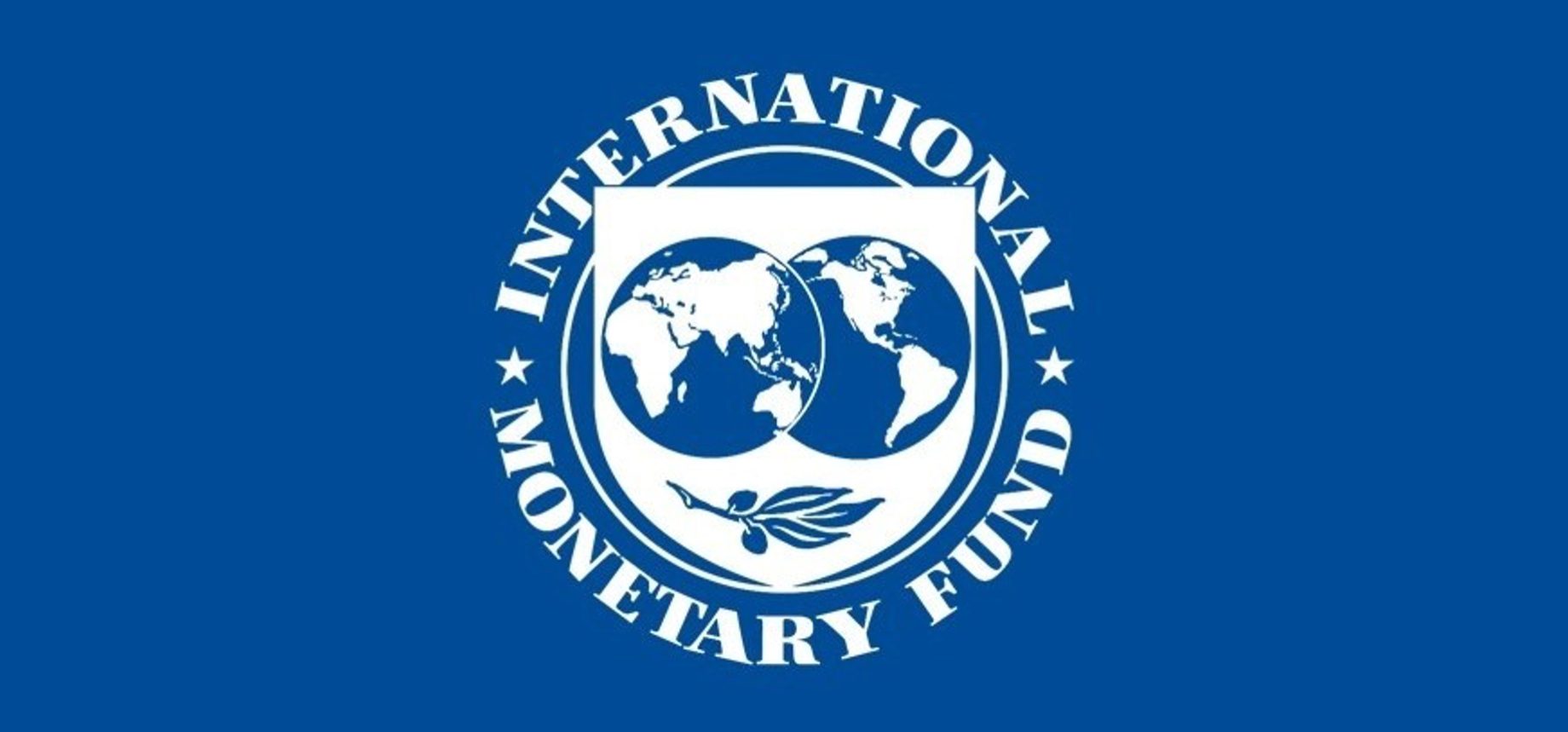Staff Correspondent
Published:2022-10-14 03:07:11 BdST
Global govt debt to climb well above pre-pandemic levels in 2022: IMF
Global government debt is projected to be 91 percent of GDP in 2022, which is about 7.5 percentage points above the pre-pandemic levels, projects the International Monetary Fund.
The global financial agency in its October report, titled “Fiscal Monitor: Helping People Bounce Back”, said it arrived at the grim projection despite the recent reduction in the GDP-debt ratio for many countries.
Moreover, almost 60 percent of the lowest-income economies are already in or at high risk of debt distress, highlighting the need for a robust Common Framework for debt relief, the IMF said in the report.
"Debt and deficits fell in 2021 and 2022 but remain above pre-pandemic levels and projections. These developments reflect mainly the unwinding of pandemic-related measures and surprise inflation," the report said.
Rising inflation and climbing interest rates have supplanted more than a decade of muted inflation and low interest rates in many countries, the IMF said in the report.
The sharp rise in food and energy prices also puts pressure on government budgets. Food and energy prices remain well above pre-pandemic levels—the UN Food and Agriculture Organization’s Food Price Index for August 2022 was 45 percent higher than in 2019.
The fund said low-income developing countries have incurred the highest relative cost for new food-related measures that include price subsidies, tax cuts, and cash transfers, to help households.
The fund said the rise of extreme poverty and food insecurity that began even before the pandemic is concerning and urged policymakers to provide emergency support for those in need.
"The food crisis should be addressed, at the global level, by a broad set of initiatives including the lifting of restrictions on exports of food and fertilizers," the report read.
In most countries, the announced measures cost more than 0.5 percent of GDP (excluding existing subsidies) reflecting in part insufficient targeting.
The IMF warned, “Interest expense relative to GDP is projected to rise over the coming years even as debt stabilises. If inflation becomes more volatile, borrowing costs could rise further as investors require a higher premium for long-term debt. Also, revenue could fall if higher interest rates reduce central bank profits and the related dividend payments to governments.”
In its recommendations, the IMF suggested less disruptive gradual and steady fiscal tightening rather than an abrupt fiscal pullback and called for consistency between monetary and fiscal policy.
Reducing deficits is necessary to help tackle inflation and address debt vulnerabilities, IMF added.
Unauthorized use or reproduction of The Finance Today content for commercial purposes is strictly prohibited.


